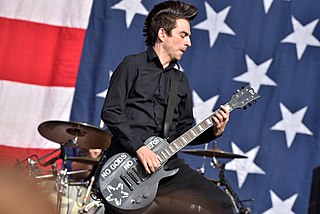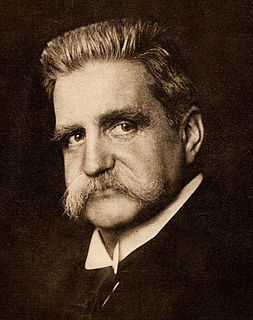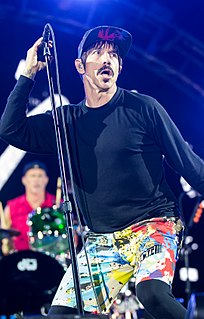A Quote by Jill Stein
I was in a community where we were out demonstrating. We were holding vigils against the Vietnam War, in - like, starting in around '67, I think, before it really exploded as a big movement.
Related Quotes
Most of us who were opposed to the war, especially in the early '60's - the war we were opposed to was the war on South Vietnam which destroyed South Vietnam's rural society. The South was devastated. But now anyone who opposed this atrocity is regarded as having defended North Vietnam. And that's part of the effort to present the war as if it were a war between South Vietnam and North Vietnam with the United States helping the South. Of course it's fabrication. But it's "official truth" now.
During the Vietnam War, which lasted longer than any war we've ever been in - and which we lost - every respectable artist in this country was against the war. It was like a laser beam. We were all aimed in the same direction. The power of this weapon turns out to be that of a custard pie dropped from a stepladder six feet high.
My film isn't about Vietnam. It is Vietnam. It's what it was really like. It was crazy. And the way we made it was very much like the way the Americans were in Vietnam. We were in the jungle, there were too many of us, we had access to too much money, too much equipment and little by little we went insane.
A lot of the people in history who I really admire lived before the hyperinformation age we're living in. Even if they were governing or solving problems in consequential periods, like the Civil War or the world wars or the Great Depression or the Cold War, they had a period of time and space to actually think, to be private and you read their biographies, and they had time to think about what was happening and how to respond. I don't think human nature has changed in the last 50-150 years, but the stresses, the demands on those of us in public life have just exploded.
































